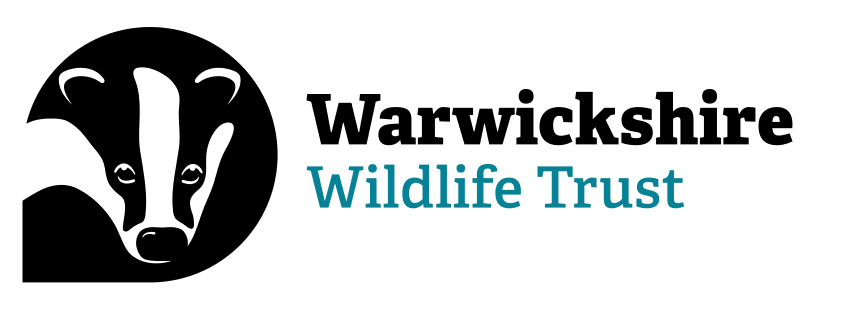Warwickshire Wildlife Trust has secured £485,869 from Natural England’s Species Recovery Programme to support targeted action for some of the nation’s rarest species, between now and March 2025. Bittern, water vole, willow tit and white-clawed crayfish will all benefit from projects designed to help their local populations flourish.
The Trust will be helping…
• Water voles by creating new wetland margin habitat along canals and restoring hedgerows with native plants.
• White-clawed crayfish by creating two new locations where they can thrive without the impact of non-native signal crayfish.
• Willow tits by installing numerous dead log nesting sites, and fitting trackers to fledglings to better understand where they go when they leave the nest.
• Bittern by improving 1.5 hectares of reedbed habitat at Brandon Marsh Site of Special Scientific Interest, creating deeper pools where they can hunt and breed.
As part of the project, over 20km of watercourses will be improved for nature, benefiting the four target species and a range of others. As well as fitting GPS trackers (which don’t harm the birds) to a number of willow tits, the Trust and Coventry City Council will be working with the University of Warwick, who will lead on using pioneering eDNA techniques to gather data on where white-clawed crayfish and water voles live. Collected data will help to inform the Trust and partners on which habitats are most important for the two species.
This project forms part of Warwickshire Wildlife Trust’s wider 2030 Strategy where it is looking to make more space for nature and enable more people to take action for wildlife. The Trust is looking to support nature’s recovery by ensuring that 30% of land in Warwickshire, Coventry and Solihull supports nature by 2030. The new funding will help ensure that some of Warwickshire’s rarest species will recover from the edge of extinction. The Trust works in partnership with organisations and landowners to achieve common goals and restore nature across landscapes.
Natural England, who are supporting the work, are driving national action on species recovery by working closely with partners, especially through the Species Recovery Programme. The programme launched in April 2023, with more than 100 applications for funding made by a range of external organisations across England. Grant awards have now been made to 63 successful projects including the one in Warwickshire.
Warwickshire Wildlife Trust’s partnership project is a great example of local action tackling national challenges. A significant number of England's species are declining in abundance and their futures are threatened. Between 1970 and 2018, average species abundance fell by 52% according to an analysis by the UK Centre for Ecology and Hydrology and Royal Society for the Protection of Birds, and 15% of assessed species are currently threatened with extinction*.
In January 2023, the government launched its Environmental Improvement Plan, which set new ambitious targets to arrest and reverse wildlife declines and safeguard England’s most threatened species. Goals included the Species Abundance 2030 Target (by the end of 2030, the decline of Species Abundance has been halted) and the Risk of Species Extinction by 2042 target (the risk of Species Extinction by 2042 has been reduced by 2042 when compared to 2022). The Trust hopes that through the Species Recovery Programme it will be able to help meet these targets in Warwickshire, Coventry and Solihull.
Ian Jelley, Director of Landscape Recovery at Warwickshire Wildlife Trust, said:
‘This funding is a huge boost to some of our most threatened species here in Warwickshire. Our native wildlife is facing real challenges and locally water vole, bittern, white-clawed crayfish and willow tits are hanging on by a thread.
We’ll be working with Natural England, Coventry City Council, Canal & River Trust, the University of Warwick and other partners to take targeted action to give these species a lifeline. New technology like eDNA water sampling and GPS tracking of birds can really help develop our understanding of where these species are and how they move around. We’ll use that knowledge to help target the action taken by our dedicated volunteers and experienced staff to make a real difference to these species. Working in partnership is vital to success for landscape-scale conservation projects.’



